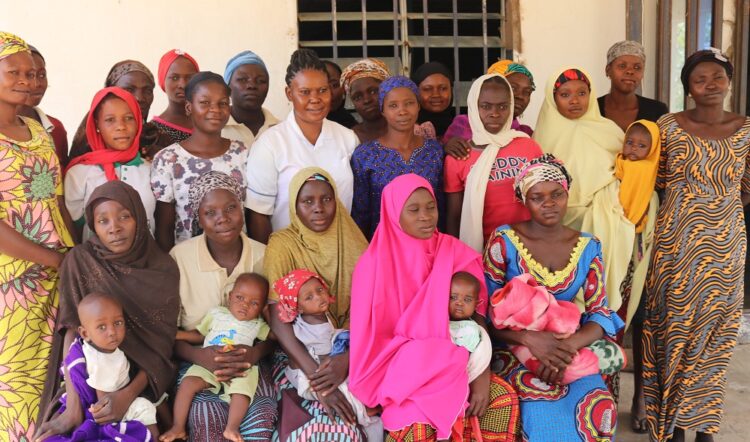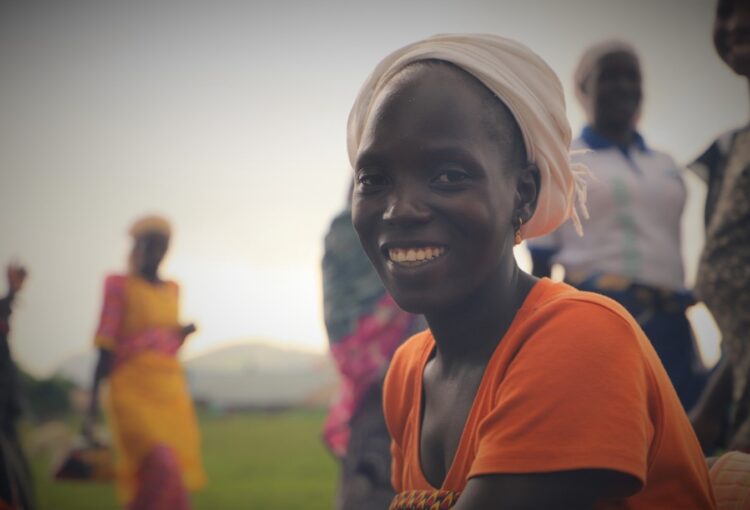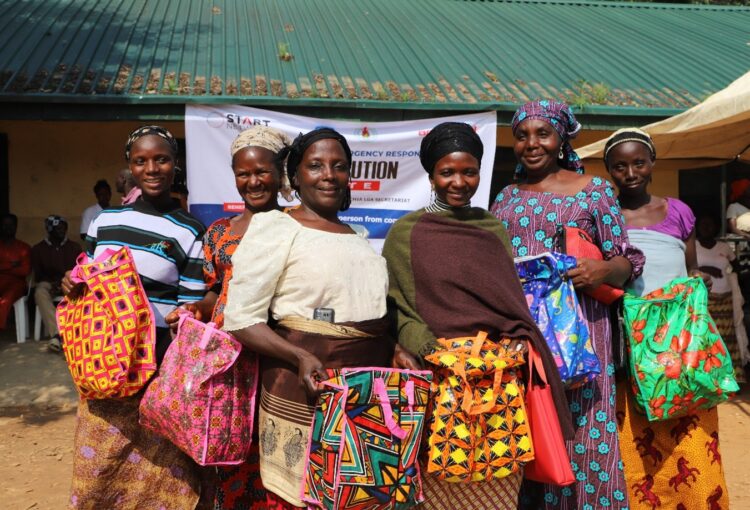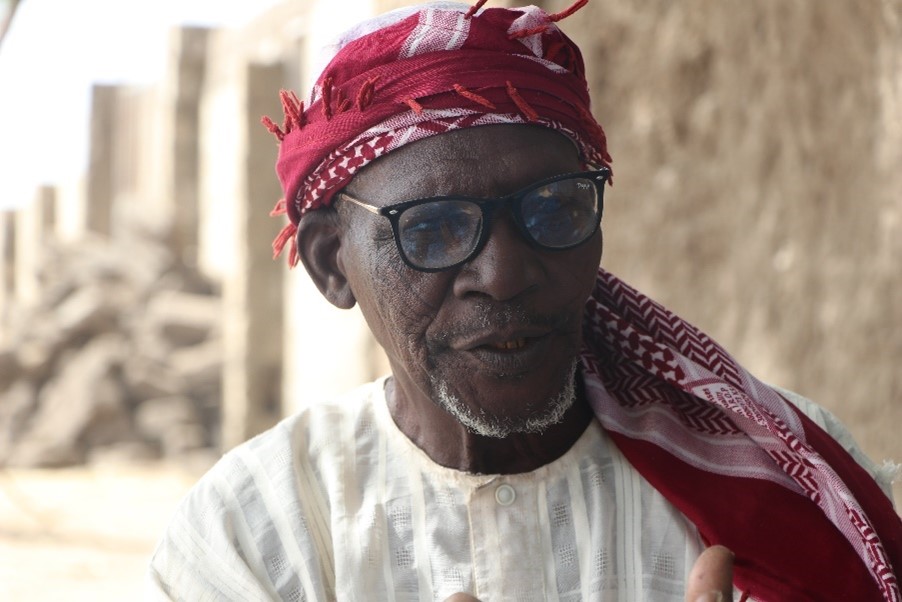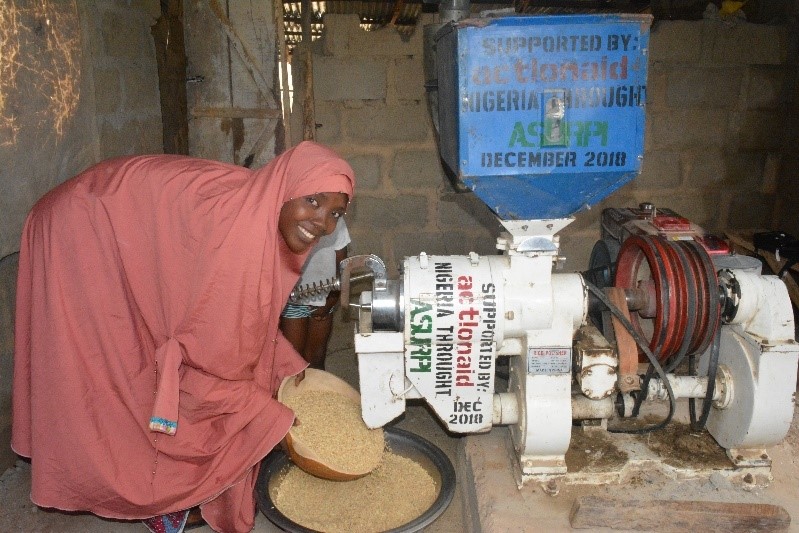HEALTHCARE IS NOW JUST A STONES THROW AWAY
Kupto, a community in Funakaye Local Government Area of Gombe state, had no functional healthcare centre and clean water. To cater to their healthcare needs, they travel long distances to Bajoga or Tongo (the LGA centre). The people of Kupto were also left to their fate to get water from streams and wells prone to diseases before the LRP by ActionAid through Hope for the Lonely and JONAPWD. However, for quite a while now, their stories have changed for the better.
Rabi Umar, a 30-years old farmer, petty trader, and mother of five, is overjoyed about the fact that not only does she have access to clean, qualitative, and equipped healthcare at her fingertip. She is ecstatic about the fact that the facility has an abundance of water to clean after herself, contrary to her unforgettable prior experience. “For the benefit, I have to start with myself, since I have benefited. First, I came to this community when there was only the old hospital before building the new one; I gave birth to my second child here. I will not forget; when we went, they asked us to come with water because there is no water in the hospital since giving birth, it is important to wash your body before coming back home. I see the difference between this one and the old hospital. Even from the antenatal”
“There is nothing that gladdens my heart such as the lab; For a common blood test, they will tell you to go to Bajoga; some days, you don’t even have the transport fare but now, we thank God. They will run tests on you, to know what is wrong with you and there is a doctor. Even all these things are things to be proud of in addition to a clean environment unlike previously. Sometimes when you enter the delivery room, you will feel like throwing up but now, you can even eat on your hospital bed” she said.
Kupto was not only plaque by a lack of accessible healthcare but also a deficit of clean water. Without the luxury of choice, they travel long miles to the stream as they compete with their livestock for water for drinking, cooking, and other uses. This also, unfortunately, means that they will be very much exposed to waterborne diseases. Today, this is no more the story.
Rabi added: “Honestly, in the past, we have the challenge of water. Our husbands have to go to the stream to get us water that we can drink and use. In the beginning, when I came to this town, it was difficult for me but later, I had to close my eyes to drink the water; Today, we have boreholes; we are not the only ones benefitting from it; if you are travelling through this town, and you drink from it, you have also benefitted from the water. We that are in town, are benefitting from the water talk more of visitors passing by. Water is the most important of them all”

